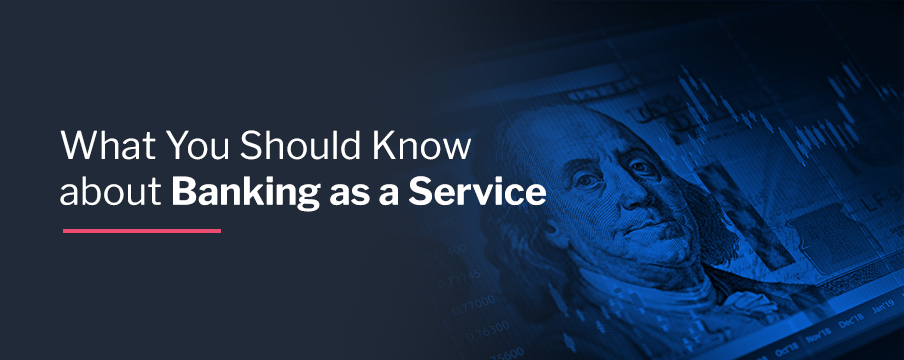
I saw an article the other day:
Top 10 startups offering ‘banking as a service’ in Europe by Silicon Canals.
It’s an interesting article that completely misunderstands what Banking-as-a-Service (BaaS) is, as most of the firms listed are companies offering just an API or a few APIs.
11FS did a better job here, with their recent free report about BaaS (download here).
What is Banking as a Service?
Banking as a Service (BaaS) is the provision of complete banking processes, such as loans, payments or deposit accounts, as a service using an existing licensed bank's secure and regulated infrastructure with modern API-driven platforms.
Fully licensed banking services available through Open Banking platforms. It is the essence of what I call process-focused, platform-based banking. A true BaaS provider offers the complete end-to-end capabilities for a piece of full service banking as a piece of code any third party can incorporate and integrate as they see fit, and pay for based upon usage.
An Open Banking or API player provides just the processing for a very specific part of financial markets processing - such as the loans process, the stock trading process, the foreign exchange process and so on - but do not need a full banking license to just do that piece. Because they have no full license, you cannot call it banking. It's just processing loans, stocks or FX.
Most firms may not offer all processes – they may offer just a few – and this is where the confusion arises between BaaS and APIs. Providing an API for a specific singular process is not BaaS. In most cases, the BaaS firms I point to – such as Solaris Bank, Clearbank and Starling Bank – are offering a fairly complete range of banking services through APIs as a fully licensed bank.
And there’s the rub: a fully licensed bank.
This nuance may not be obvious to the average person, but a company cannot use bank in their title unless they are a fully licensed bank. It's a regulatory thing and it's complex, but key. It is why Monzo and Revolut started as Monzo and Revolut the prepaid card companies, and not Monzo Bank and Revolut Bank, the fully licensed banks.
Now, some firms may become banks over time and still keep cool names, but the delineation and differentiation between BaaS and APIs is clear. Almost any company can offer a cool API, but they can’t offer banking or, therefore, BaaS.
Stripe is not a bank, but offers APIs.
TrueLayer is not a bank, but offers a payments and data API.
Codat is not a bank, but offers an SME API.
Form3 is not a bank, but offers a payments API.
And so on and so forth.
In fact, the true providers of BaaS are either offering core bank processes as APIs with a full bank license, or integrating Stripe, Truelayer, Codat and Form3 to offer BaaS under a full bank license. This is why it is Banking-as-a-Service and not ABitofBanking-as-a-Service.
As with the definition of digital banking, challenger bank, neobank and more:
… we allow ourselves to play fast and loose with language too often and too easily.
BaaS - a term coined by you know who back in 2008 – is now widely used and abused. It’s not Open Banking. It’s not APIs. It includes both of these things, as the platform behind all financial processes, but the core of Banking-as-a-Service is that it allows anyone to build a fully licensed financial firm by integrating the Open Banking and API services of firms that enable full-service banking. The tools behind BaaS may include APIs from Stripe, TrueLayer, Codat and Form3, but the company providing the integration to build BaaS is a fully licensed bank. That is the point. It is not the companies providing the APIs.
Maybe I’m being petty, and maybe too nuanced, but I don’t like terms being abused by those too naïve to know.
Therefore, for further clarity, a challenger bank has to be a fully licensed bank, not just a prepaid card or interchange service; and a digital bank also has to be a fully licensed bank, built with a vision to reach customers through a digital foundation based upon the mobile internet.
If not a fully licensed bank, they cannot use bank in their company title and are a specialised firm doing something that is not banking.
Chris M Skinner
Chris Skinner is best known as an independent commentator on the financial markets through his blog, TheFinanser.com, as author of the bestselling book Digital Bank, and Chair of the European networking forum the Financial Services Club. He has been voted one of the most influential people in banking by The Financial Brand (as well as one of the best blogs), a FinTech Titan (Next Bank), one of the Fintech Leaders you need to follow (City AM, Deluxe and Jax Finance), as well as one of the Top 40 most influential people in financial technology by the Wall Street Journal's Financial News. To learn more click here...

